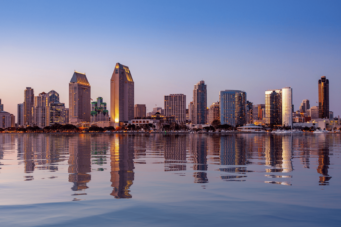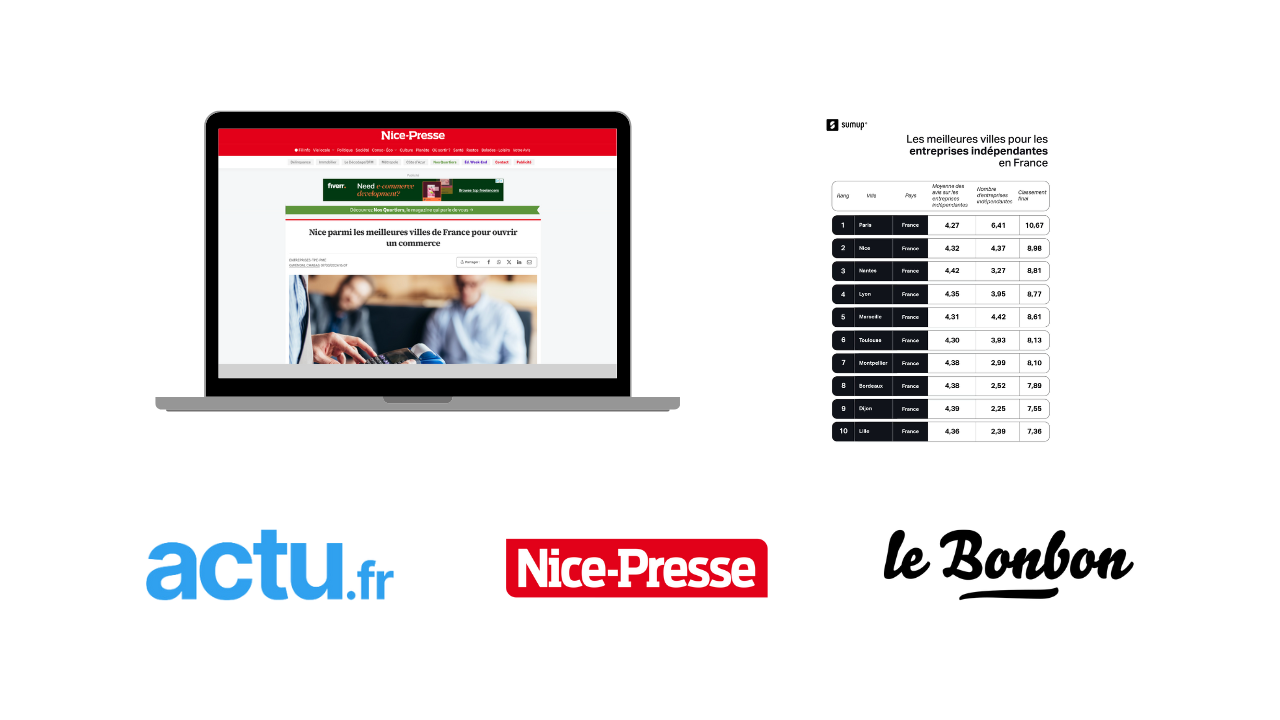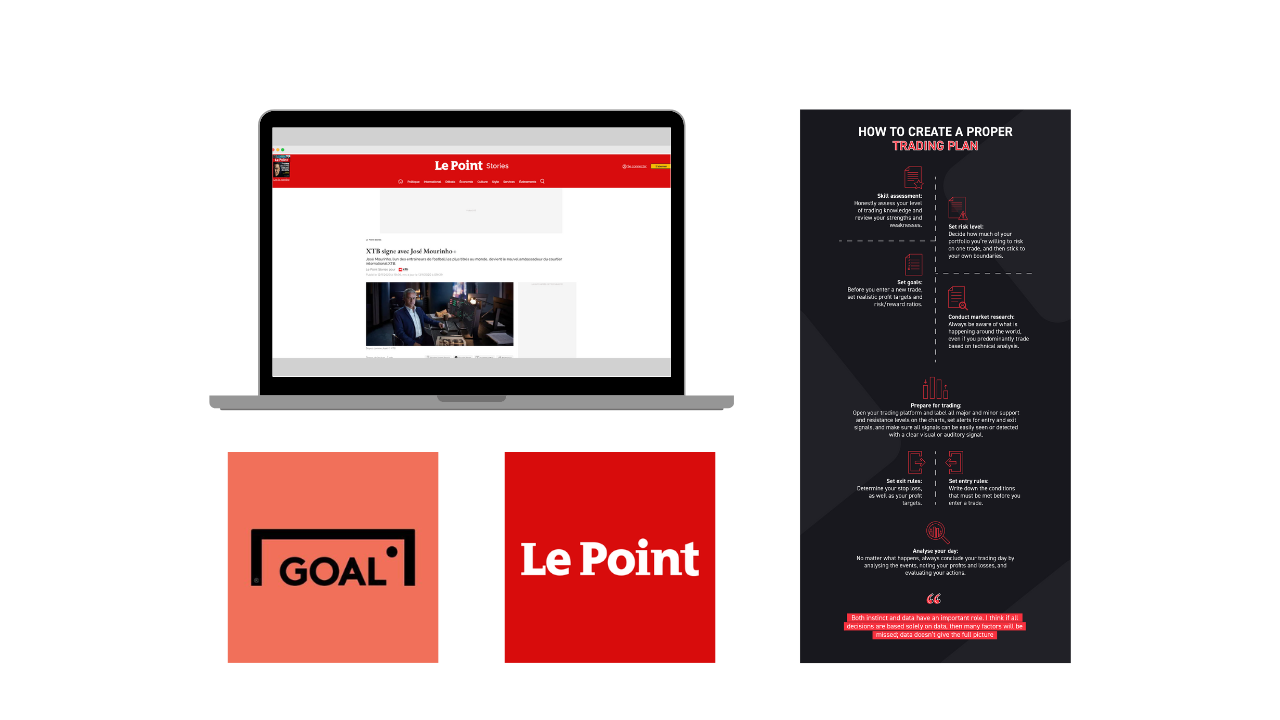The current state of news consumption in France
Despite the worldwide digitisation of news, the consumption of traditional media remains imperative throughout France, with much of the population getting their news via TV, radio, or print newspapers.
Currently, television reigns supreme as the most popular medium for consuming news and entertainment in France. Thanks to flagship networks like TF1, and public broadcasters like France Televisions, television channels play a pivotal role in shaping public discourse and disseminating information.
But alongside TV, newspapers also maintain a significant presence in the French media landscape. With over 100 daily newspapers available across the country, including respected publications like Le Monde and Liberation, print media continues to serve as trusted sources of news and information for French readers.
However, recently, many digital media platforms have emerged as pivotal players in shaping news consumption behaviours in France. ‘Ouest-france.fr’ was the most visited news site in France in June 2023, with online publications like Bfmtv.com and LeFigaro.fr rounding out the top three, highlighting the increasing digitalisation of news consumption in France.
Social media has also become an integral part of the French media landscape, with platforms like Facebook, YouTube, X, and Instagram commanding a large user base. So much so that a 2023 report revealed that 80.5% of French people are active on social media1.
In fact, competition from social media influencers has become quite a contentious issue for traditional media outlets, who are increasingly seeing many of their readers move to more readily accessible content.



